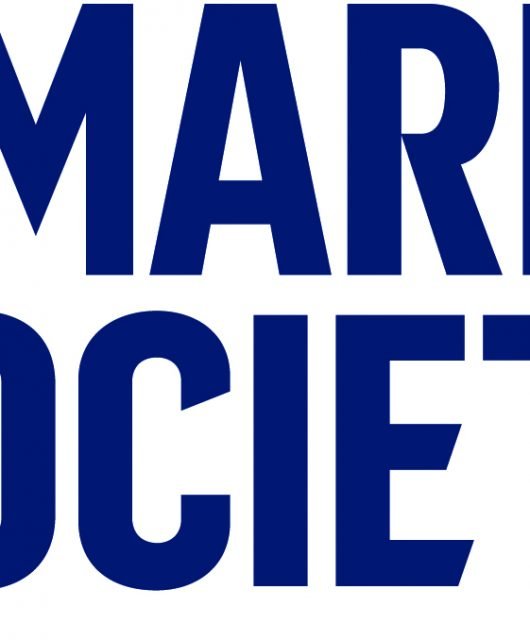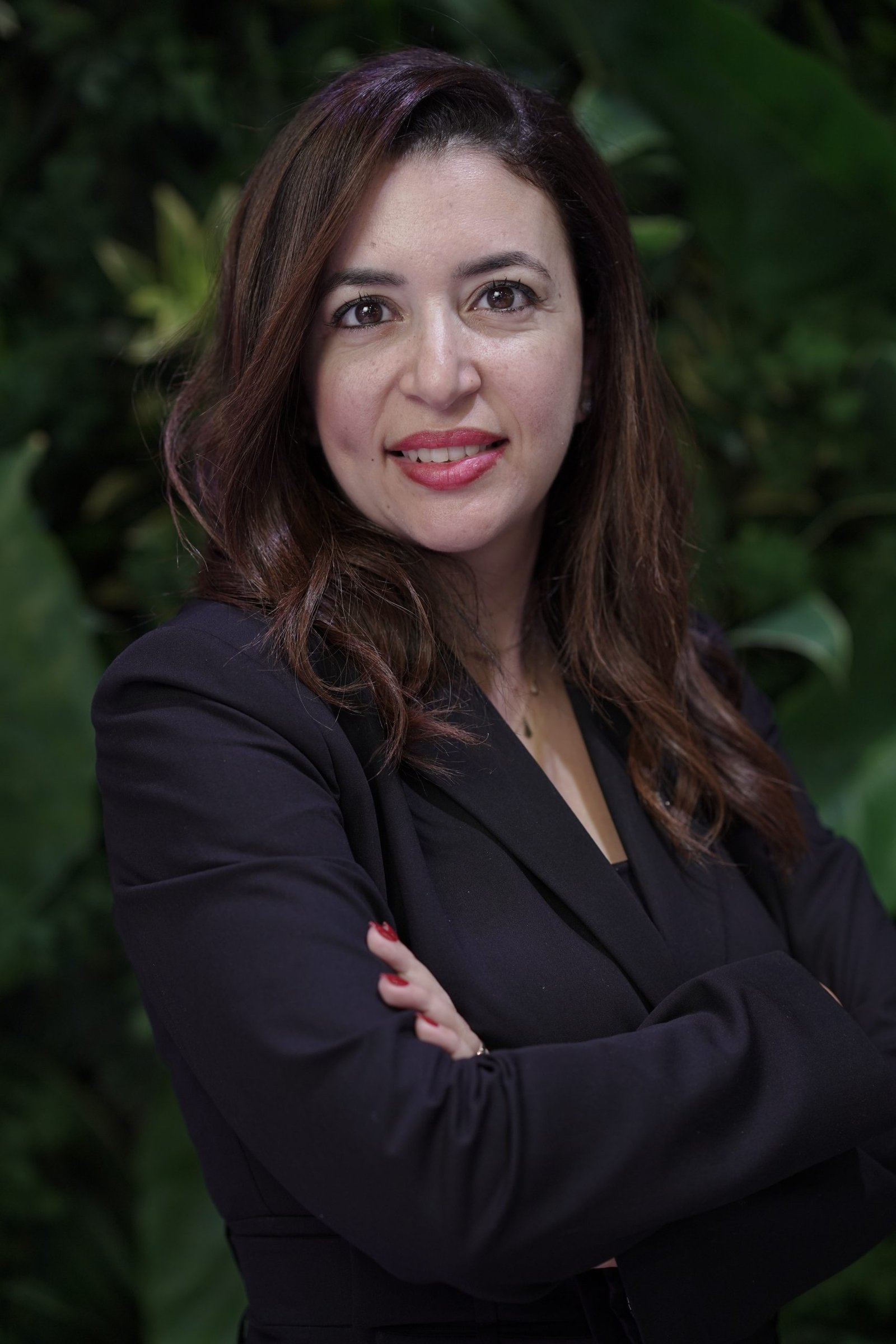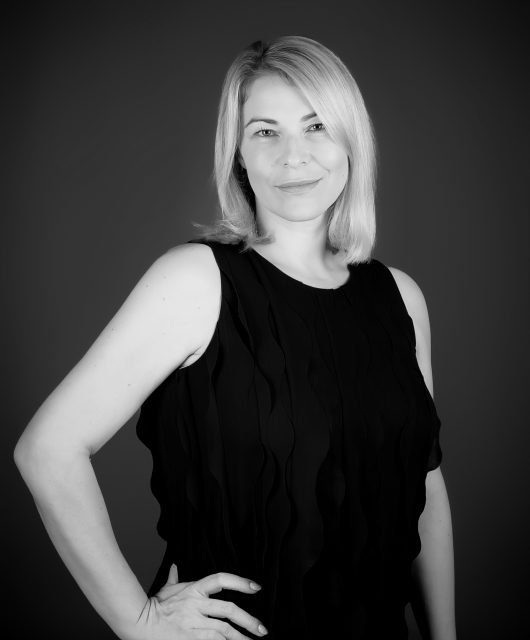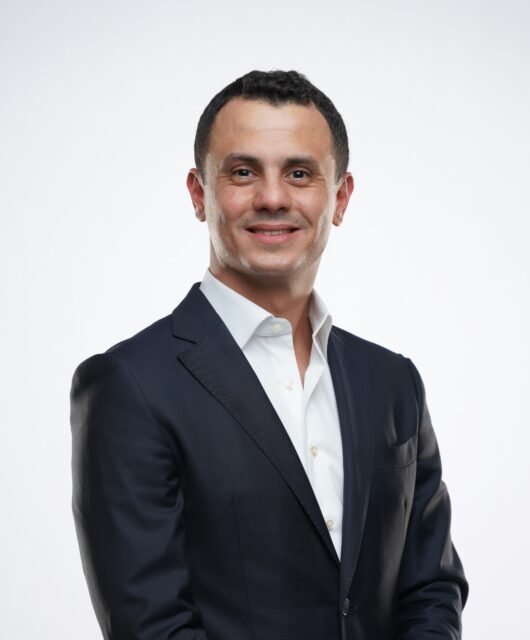The Wonder Women of MENA: Webedia Arabia’s Fatin Baz

About Fatin Baz, Strategy Director, Webedia Arabia
Fatin started her career straight into Strategy back in 2007 working in multinational agencies from Memac Ogilvy Jeddah, JWT and Mullenlowe MENA before joining Webedia Arabia in 2021.
Having spent most of her life in Saudi Arabia, Fatin has guided regional and global offices with local insights, being known as the cultural expert on the Saudi market. Her comprehensive knowledge is rooted in countless in-depth consumer research, ethnography studies and shopper analysis that she personally conducted in KSA.
Fatin is also the agency’s fitness guru as she has a passion for health and fitness, influencing people around her to adopt healthier habits. Today, she coaches the agency’s working professionals across Jeddah, Riyadh, Dubai and Beirut on achieving a healthier work/life balance as she is a certified health coach, personal trainer and mental health first aider.
About her thoughts for the industry
The media and communication industry is in dire need of transformation as the ads that are being created in our region are irrelevant to today’s Arab woman!
At Webedia Arabia, we ran an online poll on the portrayal of Arab women in ads across our publications – 3a2ilati, Yasmina, and Atyab tabkha – reaching a total of 6,500 women. We found that a staggering 82% do not see themselves in these ads, out of which 56% see ZERO resemblance to their lives today as Arab moms!
But why is our industry missing the mark?
Let’s do a small exercise…. Take a look around you in your corporate offices, whether you are on the agency or the client side, and count how many women, especially mothers, are behind the work that is being produced? What you are going to find is that although most of our campaigns target moms, the people behind most of the work are male and relatively young female marketers who claim to put themselves “in these women’s shoes”, yet are very far from her reality…
In one of our surveys, we found that 42% of stay-at-home Arab moms had a previous career. Based on that insight, we wanted to dig deeper and understand WHY only few of these women are represented in the corporate world… The main issue we found, points towards the legacy of big corporates: the industrial punch-in punch-out 9-6 being a major contributing factor to why so many women leave their careers behind as they take on the additional responsibilities, becoming wives and mothers. This was further reinforced by the finding that over half of our 62,537 respondents (51%) identified working hours as the primary challenge faced by working moms.
But the issue doesn’t end here…
The barriers these women face are also amplified by the absence of fair compensation packages (equal pay) and maternity benefits, adding to the mix the unpaid care work (additional hours) that comes with the piling social responsibilities. Eventually, the financial formula doesn’t make sense, as the scales tilt from her feeling financially rewarded to her feeling that having an ambitious career path is more of a liability and a financial punishment…
This loss of female human capital is catastrophic and heartbreaking.
I have personally witnessed, over the course of my 16-year career, countless stories of promising female talents as they struggle to grow their professional and personal lives simultaneously. Eventually, they reach a breaking point whereby they throw in the towel and quit this rigid structure of the corporate legacy business, sacrificing their career ambitions and income.
For our communication industry to remain relevant, we clearly need equal female representation in the workplace; as we as marketers, spend most of our days creating campaigns targeting the very women our industry drives away. And this change needs to start now! Yet, according to the World Economic Forum’s 2022 Global Gender Gap index, it will take the MENA region 115 years to have equal gender representation and close the gender gap…
So, how do we get out of this rabbit hole?
The solution lies in our industry needing to transform and operate like a tech start-up. An industry where we can find one in every three tech firms being led or founded by an Arab woman – a rate that is much higher than that of Silicon Valley.
The novelty of the tech startups is synonymous with workplace flexibility and in having a relatively young culture that is free from the rigid legacy that male-dominated businesses are built on. However, that workplace flexibility goes beyond working hours as it is an adaptable structure that runs across the organization to cater to the various needs of its diverse workforce.
84% of our 57,000 respondents, stated that the solution lies in equally addressing three key areas across the organization:
- Transforming the corporate culture of the company,
- Modifying the rigid HR policies,
- Having a supportive direct manager
Our findings from our Arab audience are also corroborated by reports from multiple sources. The World Economic Forum sheds light on this subject by explaining that the direct path to achieving gender equality is by first addressing gender equity and dedicating this year’s International Women’s Day theme to #Embracing Equity.
It is critical for our industry to address these key areas and be among the first to transform into a healthier corporate culture that facilitates and maintains female participation in the workplace. It is imperative that we retain female talent across their different life stages, especially mothers, as over 70% of women around the world aged 15yrs+ are moms!
If this does not inspire expediting the change towards gender equality, then our region and ad industry are in for a long wait… 115 years to be exact.





